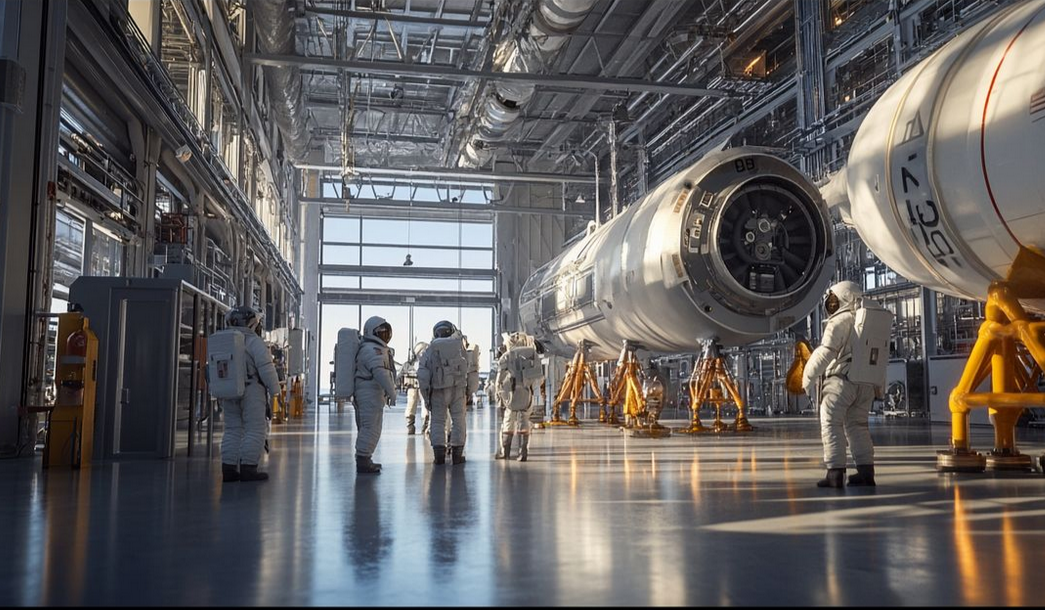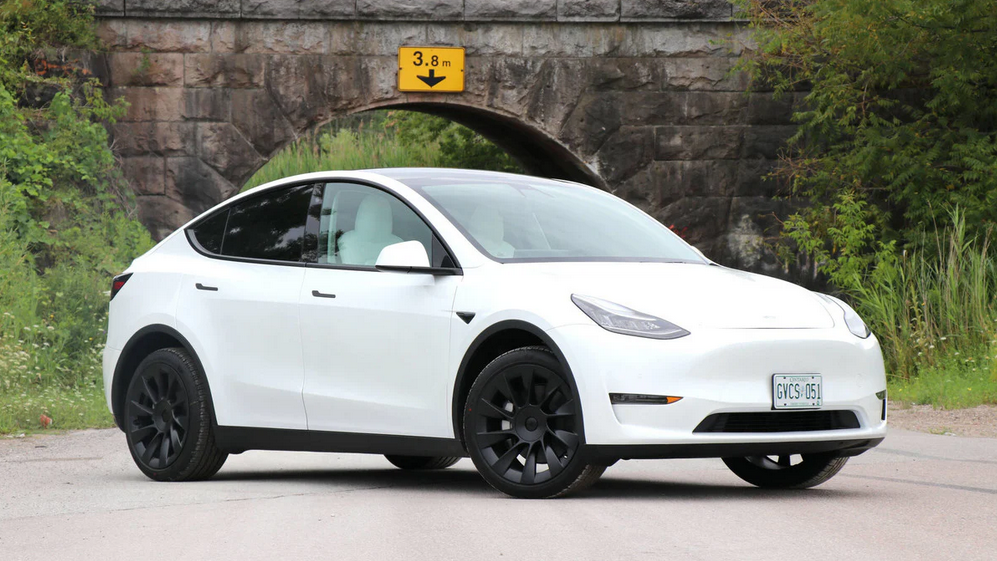Key Takeaways
-
The Exploration Company (TEC), a French-German space startup, raised $160 million in Series B funding for its reusable Nyx capsule.
-
Funding comes from private investors and government programs, highlighting Europe’s push for autonomous space capabilities.
-
TEC has already secured $800 million in contracts, positioning itself as a serious competitor to SpaceX.
Europe’s Space Ambitions Grow Stronger
Europe’s space sector is gaining momentum, and TEC is leading the charge. Founded in July 2021 by Hélène Huby and engineers from Airbus and ArianeGroup, TEC aims to make Europe a global leader in reusable spacecraft technology.
The company recently completed a $160 million Series B funding round, after raising $43 million in Series A funding in February 2023. This brings TEC’s total capital to nearly $208 million. These funds will accelerate the development of its flagship Nyx capsule.
This round attracted investment from venture capital firms such as Balderton Capital and Plural. In addition, government-backed programs, including Germany’s DeepTech and Climate Fonds and France’s Tech Souveraineté initiative, contributed. This combination of private and public funding shows Europe’s ambition to reduce dependence on U.S. space companies and strengthen its own capabilities.
The Nyx Capsule: A Reusable Spacecraft for Europe
At the center of TEC’s strategy is the Nyx capsule. It is a fully reusable spacecraft designed to transport both crew and cargo to space stations. The company plans to launch the next version in 2025, and a fully operational model is expected by 2028.
Nyx is designed to be efficient, flexible, and cost-effective. Its reusable design allows multiple missions, which lowers costs and makes it a competitor to SpaceX. According to Hélène Huby, the global space travel market grows more than 10% per year, driven by government and commercial demand.
TEC has already secured $800 million in contracts, showing strong market interest. While SpaceX benefits from NASA contracts, TEC relies on private investors and European support, including the European Space Agency (ESA).
Competing with SpaceX
SpaceX dominates the reusable spacecraft market with vehicles like Dragon and Starship, which reliably transport both crew and cargo. However, TEC is positioning itself as a European alternative.
Nyx stands out because it offers:
-
Reusable design – capable of multiple missions to lower costs.
-
Crew and cargo transport – suitable for commercial and government missions.
-
Strong demand – $800 million in contracts shows confidence in TEC’s technology.
By combining advanced engineering, strategic funding, and European expertise, TEC is ready to compete globally in reusable spacecraft.
Funding and Support
TEC’s $160 million Series B funding shows increasing trust in European space startups. The funding includes:
-
Private investment: Firms like Balderton Capital and Plural provide innovation funding.
-
Government support: Programs from Germany and France ensure long-term backing.
-
Total funding: With this round, TEC has raised nearly $208 million since 2021.
This hybrid funding model allows TEC to accelerate development, build prototypes, and secure contracts. In addition, it strengthens Europe’s independent space capabilities.
Nyx Roadmap
TEC has a clear timeline for Nyx:
-
2025: Launch next-generation Nyx for cargo and demonstration missions.
-
2028: Deploy a fully operational reusable capsule for routine missions to space stations.
Nyx is designed to be reliable, adaptable, and efficient. Its reusable technology reduces operational costs while giving Europe a strong alternative to SpaceX’s systems.
TEC’s Vision for European Independence
TEC was founded to build homegrown European spacecraft that can compete globally. Historically, Europe has relied on U.S. commercial space operators for crewed missions and cargo transport. TEC wants to change this by offering:
-
Advanced spacecraft engineering from Airbus and ArianeGroup experts.
-
Autonomous capabilities to reduce reliance on foreign operators.
-
Sustainable, reusable technology for both commercial and government missions.
Huby emphasizes that Europe must develop innovative and independent space solutions to remain competitive.
Europe’s Expanding Space Ecosystem
TEC is part of a growing European reusable spacecraft ecosystem, including:
-
Rocket Factory Augsburg: Small, cost-efficient launch vehicles.
-
ArianeGroup: Next-generation rockets and spacecraft components.
-
Isar Aerospace: Scalable and sustainable launch systems.
Together, these companies are helping Europe compete globally and create alternatives to U.S.-based space operators.
The Road Ahead
With Series B funding secured, TEC will focus on:
-
Improving Nyx technology for better performance and reliability.
-
Launching demonstration missions in 2025, followed by fully operational flights in 2028.
-
Expanding market share with $800 million in contracts.
-
Developing complementary spacecraft components to compete with global players like SpaceX.
Huby notes that the space travel and satellite market is growing fast. TEC is well-positioned to meet this demand with reusable and cost-effective spacecraft.
Conclusion
The Exploration Company (TEC) is rapidly establishing itself as a leader in Europe’s space industry. With $160 million in Series B funding, $208 million in total capital raised, and $800 million in contracts, TEC is prepared to challenge SpaceX in reusable spacecraft.
By combining advanced engineering, strategic funding, and European expertise, TEC is building the Nyx capsule, capable of transporting both crew and cargo to space stations. Launches in 2025 and a fully operational version by 2028 will mark key milestones for Europe.
TEC’s progress demonstrates that Europe can compete globally in reusable spacecraft technology. The company offers a new era of innovation, independence, and growth in the fast-growing commercial space market.




